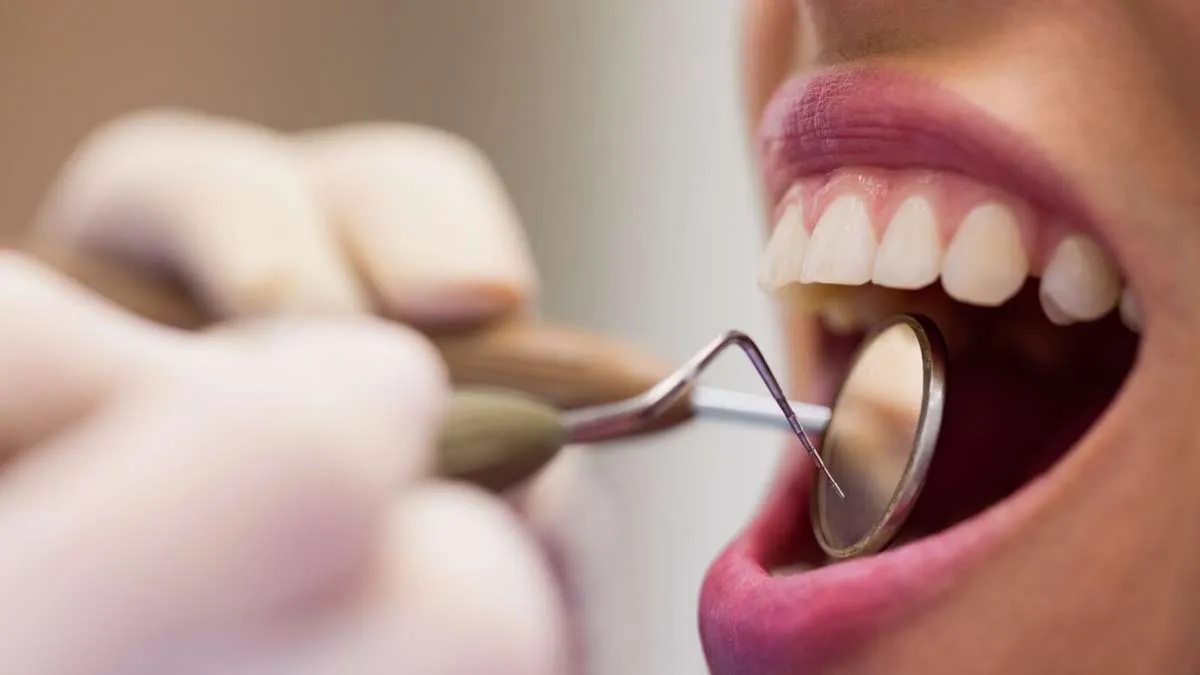
Maintaining good oral health is often perceived as essential merely for a bright smile and fresh breath. However, emerging research underscores that the health of our mouth is intricately linked to our overall physical and mental well-being. Our expert, Dr Shrey Kumar Srivastav, Senior Consultant and General Physician at Sharda Hospital - Noida, emphasises that "the mouth serves as a mirror reflecting the body's health, and neglecting oral hygiene can lead to significant systemic issues."
Table of Content:-
What is the Mouth-Body Connection?
The oral cavity is a gateway to the body, and its condition can influence various systemic diseases. Poor oral hygiene can lead to periodontal (gum) disease, which has been associated with several chronic conditions:
Cardiovascular Diseases: Inflammation and infections caused by oral bacteria can contribute to heart disease, clogged arteries, and stroke.
Diabetes: Gum disease can make diabetes harder to control, and conversely, diabetes increases the risk of periodontal infections.
Respiratory Infections: Bacteria from the mouth can be inhaled into the lungs, potentially leading to respiratory diseases such as pneumonia.

Oral Health and Mental Well-being
The relationship between oral health and mental health is bidirectional. Dental issues can lead to psychological distress, while mental health disorders may result in neglect of oral hygiene:
Impact on Self-esteem: Dental problems like missing or discoloured teeth can diminish self-confidence, leading to social withdrawal and increased anxiety or depression.
Mental Health Disorders Affecting Oral Care: Conditions such as depression can reduce motivation for maintaining oral hygiene, increasing the risk of dental problems.
Stress-related Oral Issues: High stress levels can manifest in behaviours like teeth grinding (bruxism), which can cause tooth damage and jaw pain.

Expert Recommendations for Optimal Oral and Overall Health
Dr Srivastav advises that "integrating oral hygiene into daily health routines is not just about preserving teeth; it's about safeguarding your entire body's health." He recommends:
Regular Dental Check-ups: Visiting the dentist at least twice a year for cleanings and examinations helps in the early detection and management of potential issues.
Daily Oral Hygiene Practices: Brushing twice daily with fluoride toothpaste, flossing, and using mouthwash can prevent plaque buildup and gum disease.
Healthy Diet: Limiting sugary foods and beverages reduces the risk of cavities, while a balanced diet supports overall health.
Stress Management: Engaging in relaxation techniques and seeking professional help when needed can mitigate stress-related oral health issues.
Bottomline
Oral health is a critical component of overall health. By prioritising dental care, individuals not only enhance their smiles but also contribute to their body's systemic health and mental well-being. As Dr Srivastav aptly puts it, "A healthy mouth is the foundation of a healthy body and mind."
Also watch this video
How we keep this article up to date:
We work with experts and keep a close eye on the latest in health and wellness. Whenever there is a new research or helpful information, we update our articles with accurate and useful advice.
Current Version